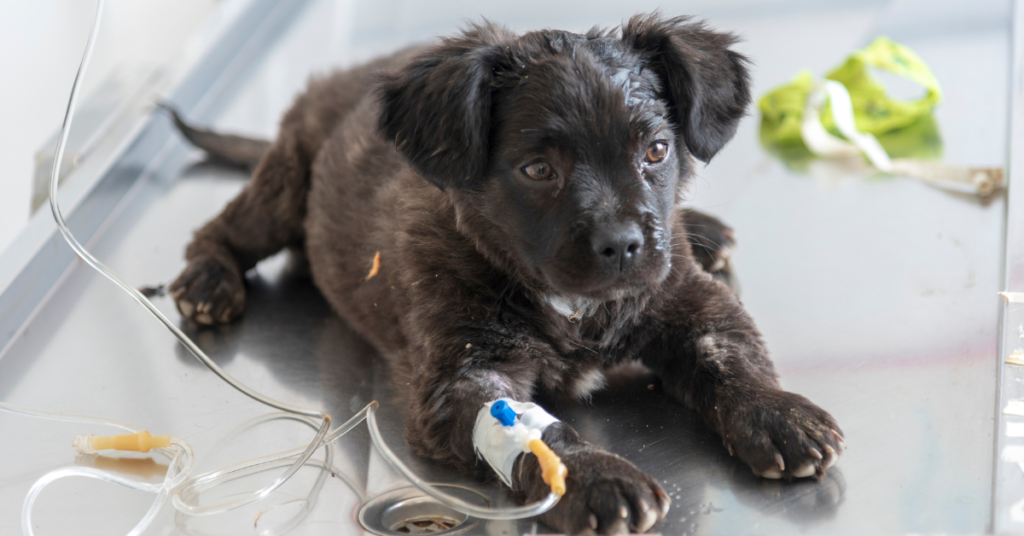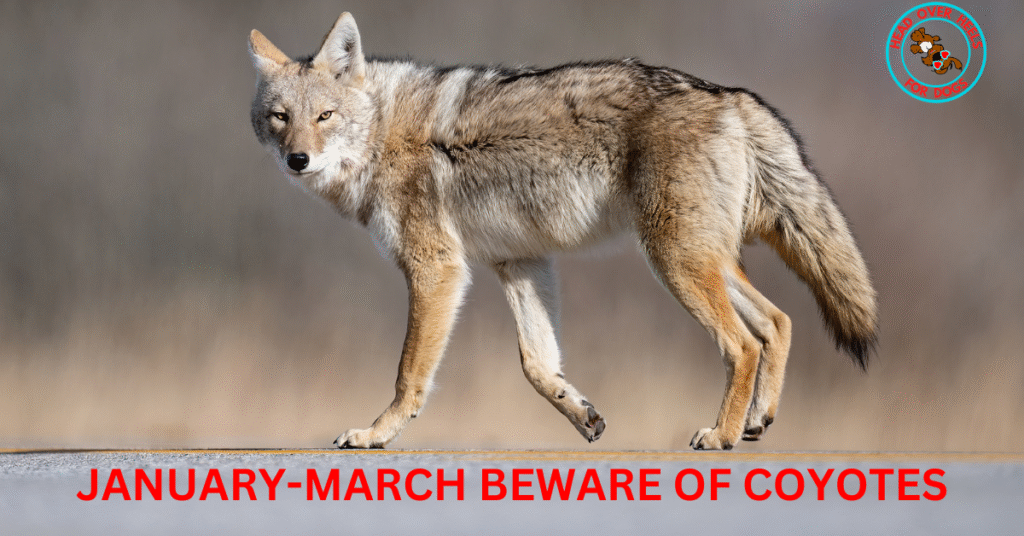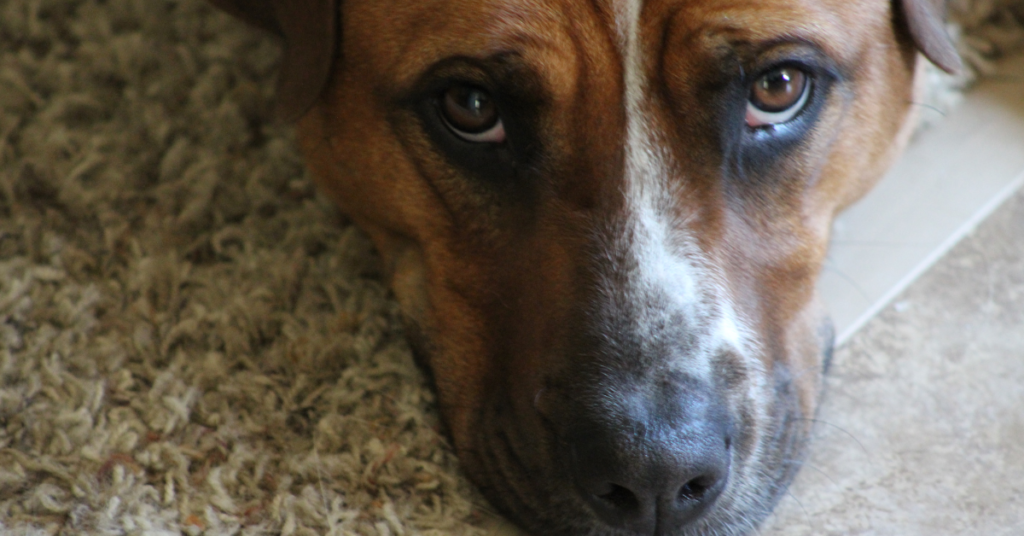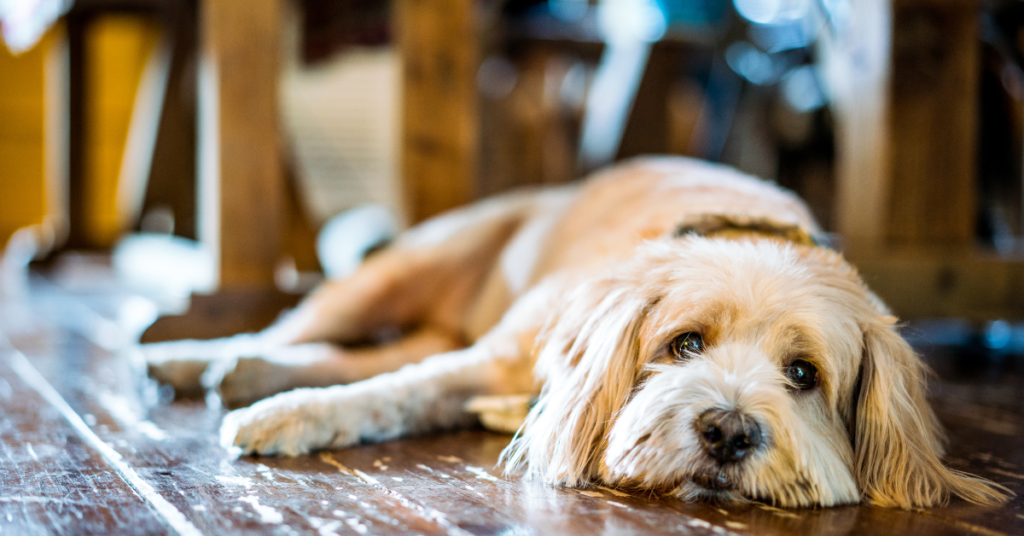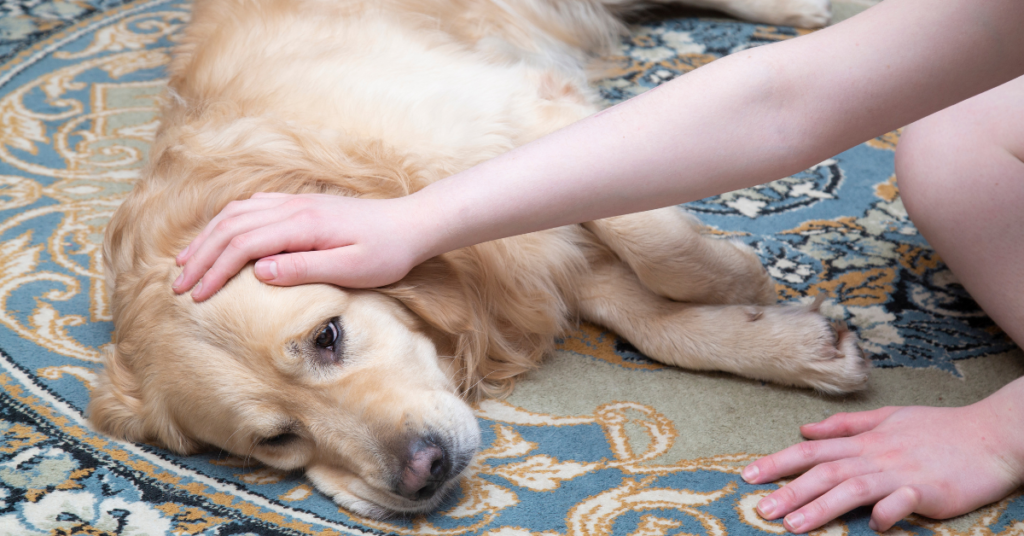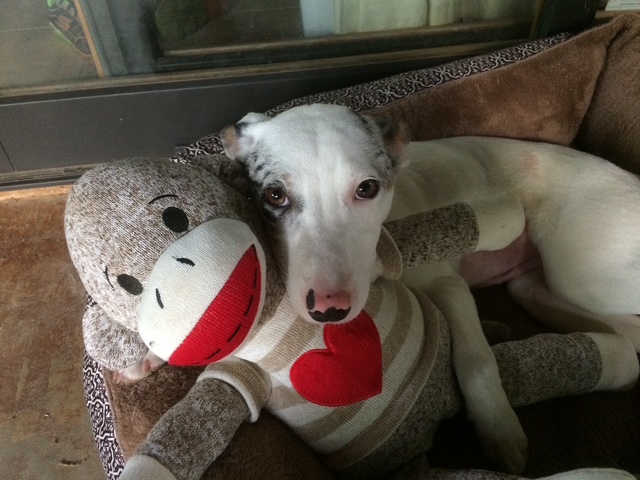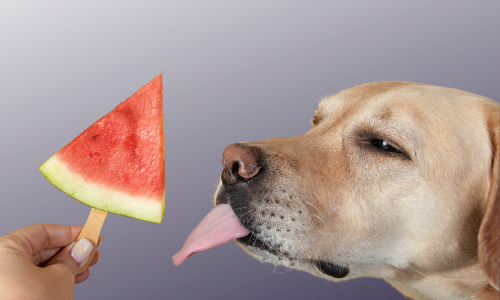Canine Parvovirus (CPV) is a highly contagious and often deadly viral disease that primarily affects puppies, but it can also infect adult dogs. The virus targets the dog’s gastrointestinal system, causing severe symptoms such as vomiting, diarrhea, and dehydration. It is resistant to many disinfectants and can survive in the environment for long periods, making it a serious concern for unvaccinated dogs. The disease is known for its rapid onset and progression, making early detection and treatment critical for survival.
*Disclaimer: This Post May Contain Affiliate Links. This Means That I Receive A Small Commission At No Extra Cost To You Should You Click Through And Make A Purchase. Learn More On My Policy Page
How Is Canine Parvovirus Transmitted?
It is transmitted through direct contact with an infected dog or contaminated objects, such as:
- Feces from infected dogs.
- Shared water bowls or food dishes.
- Toys and bedding.
Dogs can also be exposed to the virus from contaminated surfaces like kennels, yards, or public areas like dog parks.
The virus enters the body through the mouth and attacks the lining of the intestines, leading to severe gastrointestinal symptoms.
Unvaccinated puppies are the most vulnerable to contracting parvovirus, but adult dogs with weak immune systems are also at risk.
What Are the Symptoms of Canine Parvovirus?
The symptoms usually appear within 3 to 10 days after exposure.
They can escalate rapidly, so it’s essential to recognize the signs early.
Common symptoms include:
- Severe vomiting
- Bloody diarrhea
- Lethargy or extreme fatigue
- Loss of appetite
- Fever or low body temperature
- Dehydration (a result of vomiting and diarrhea)
7. In some cases, parvovirus can also affect the dog’s heart muscle, leading to sudden death, particularly in very young puppies.
If your dog shows any of these symptoms, seek veterinary care immediately.
How Is Canine Parvovirus Diagnosed?
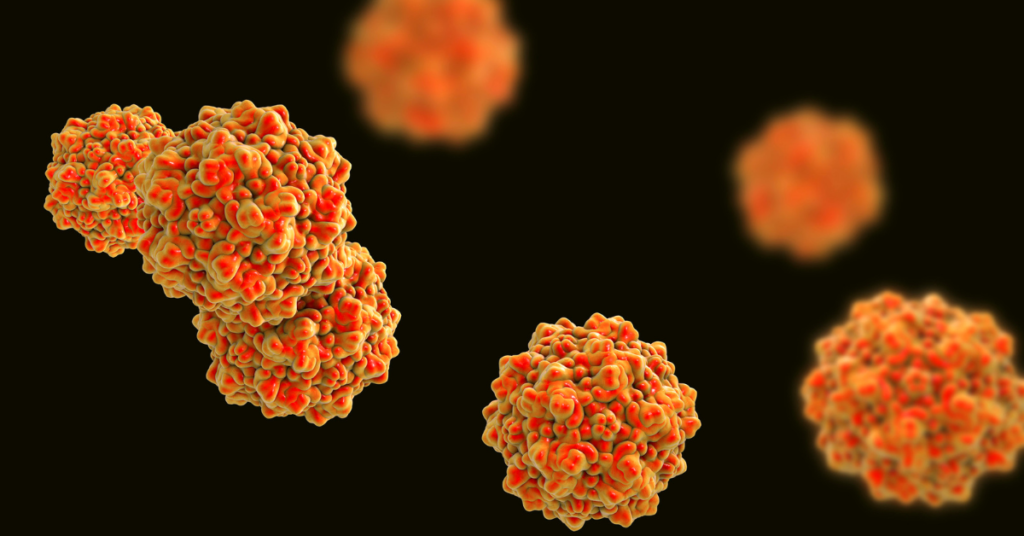
Veterinarians diagnose Parvo based on the dog’s symptoms and medical history, but a definitive diagnosis usually requires a lab test.
The most common diagnostic tests include:
- Fecal ELISA Test: Detects the presence of the parvovirus in a stool sample.
- Blood Tests: These can reveal changes in the dog’s white blood cell count, which can indicate an infection.
- PCR Test: A more sensitive test that identifies the virus’s DNA.
Early diagnosis is essential for a better prognosis, as dogs that are treated quickly have a higher chance of survival.
What Is the Treatment for Canine Parvovirus?
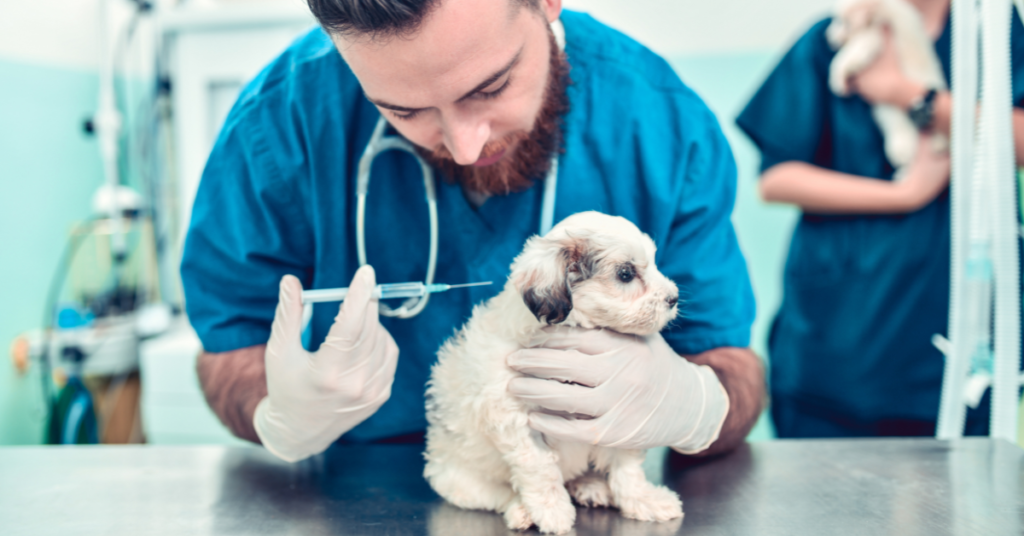
There is no direct cure, but with prompt veterinary care, many dogs can survive the disease.
Treatment focuses on managing the symptoms and providing supportive care.
Common treatment options include:
- Intravenous fluids to combat dehydration.
- Anti-nausea medications to stop vomiting.
- Antibiotics to prevent secondary bacterial infections.
- Pain relief to keep the dog comfortable.
Hospitalization is often required, especially in severe cases, and dogs may need several days of intensive care.
The earlier treatment begins, the better the outcome for the dog.
Can Canine Parvovirus Be Prevented?
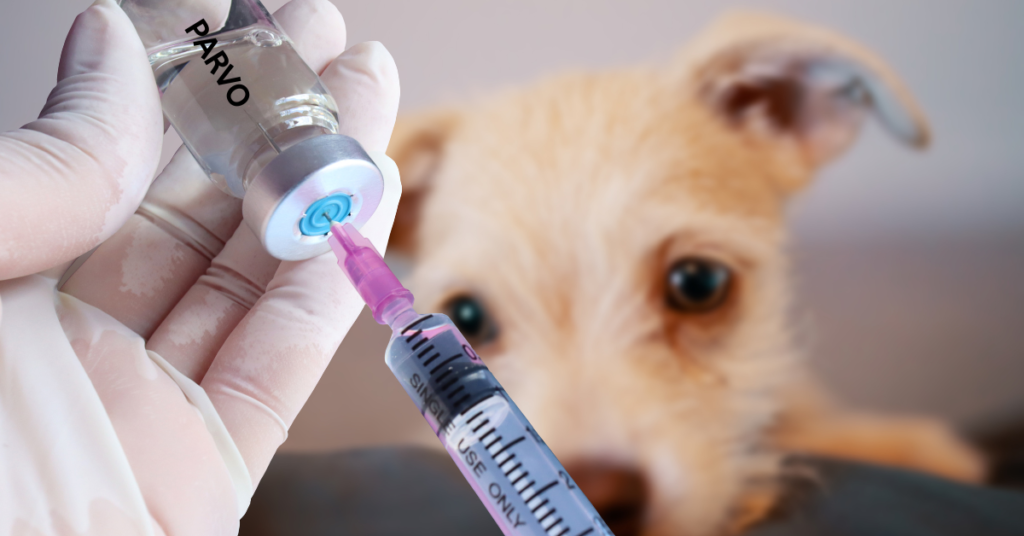
Yes, prevention is the key to protecting your dog.
The most effective way to prevent the disease is through vaccination.
- Puppies should receive their first vaccine between 6 to 8 weeks of age.
- Booster shots should be given every 3 to 4 weeks until the puppy is at least 16 weeks old.
- Adult dogs need booster vaccines every 1 to 3 years based on your vet’s recommendation.
In addition to vaccinations, it’s crucial to:
- Keep puppies away from public areas until they are fully vaccinated.
- Clean and disinfect your dog’s living area frequently.
- Avoid exposing your dog to other unvaccinated dogs.
Is Parvovirus Contagious to Other Animals or Humans?
Canine Parvovirus is not contagious to humans or other species.
The virus specifically targets dogs, so humans and other pets, such as cats, are not at risk.
However, humans can carry the virus on their clothes, shoes, or hands and unknowingly transmit it to dogs.
It’s important to practice good hygiene when handling dogs, especially if they’ve been in environments where parvovirus could be present.
Can Dogs Survive Canine Parvovirus?
Yes, with early intervention and proper treatment, dogs can survive.
The survival rate for puppies treated promptly is between 68% and 92%.
Survival largely depends on the severity of the symptoms, the dog’s immune response, and how quickly they receive medical care.
Dogs that survive parvovirus usually recover completely, although the recovery process can take weeks to months.
After recovery, dogs generally develop immunity to the virus for life.
How Long Is a Dog with Parvovirus Contagious?

An infected dog can shed the virus in their feces for up to 2 weeks after symptoms first appear.
During this time, they are highly contagious to other dogs.
Even after recovery, it’s crucial to keep the dog isolated from unvaccinated puppies and dogs for at least 4 weeks.
Always follow your vet’s guidance on when your dog is safe to be around others.
How Can I Keep My Dog Safe from Parvovirus?
To keep your dog safe from Canine Parvovirus, follow these key steps:
- Ensure your dog receives all their vaccinations on schedule.
- Keep puppies away from public areas like parks until they are fully vaccinated.
- Practice good hygiene when handling dogs, especially after contact with other animals.
- Regularly clean and disinfect your dog’s living area and shared spaces.
By staying proactive and vigilant, you can greatly reduce your dog’s risk of contracting this dangerous virus.
What Should I Do If My Dog Shows Symptoms of Parvovirus?
If you suspect your dog may have Parvo, act immediately.
Here are the steps you should take:
- Contact your vet right away and describe your dog’s symptoms.
- Isolate your dog from other pets to prevent spreading the virus.
- Follow your vet’s instructions closely for treatment and care.
It can escalate quickly, so the sooner you seek help, the better the chances of survival.
Here are some products that can help care for your dog and protect them from Canine Parvovirus:
- Pet-Friendly Disinfectant: Disinfect surfaces to eliminate the virus in your home.
- Immune System Support Supplements: Boost your dog’s immunity for better protection.
- Dog Crate for Isolation: Safely quarantine infected dogs during recovery.
- Dog Rehydration Electrolytes: Keep your dog hydrated during treatment.
- Digital Thermometers for Pets: Monitor your dog’s temperature for signs of fever.
Protecting Your Dog from Canine Parvovirus
Canine Parvovirus is a highly contagious and life-threatening virus, especially for puppies and unvaccinated dogs.
The best way to protect your dog is through timely vaccinations and practicing good hygiene.
If your dog shows symptoms, seek veterinary care immediately.
For more information on preventing parvovirus and other dog health issues, consult your vet or explore additional resources like the AKC – Parvo In Puppies: Causes, Symptoms, and Treatments.
Preventing parvovirus today can save your dog’s life tomorrow!

